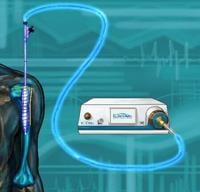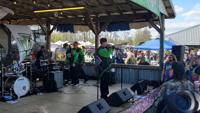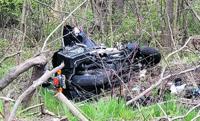PITTSBURGH - Younger patients diagnosed with multiple myeloma sometimes undergo stem cell transplant to replace the diseased bone marrow. In other cases, drugs can target the cancer cells and kill them. For patients who don't respond to three medications, researchers are testing an immunotherapy treatment called CAR T therapy. A sample of the patient's T-cells is collected from the patient's blood, then modified in the lab, so that when the T-cells are reinfused into the patient those cells attack the cancer.
"With the CAR T-cells, we give one treatment. The patient goes into remission, and they come into the clinic just to monitor them, to see how they're doing," explained Dr. Anastasios Raptis, a hematology oncologist at UPMC Hillman Cancer Center.
Raptis said in one clinical trial, patient survival has gone from three months to 20 months without the cancer recurring. In other trials, patients are seeing complete remission.
"In all these trials, the response rates are amazing. It goes from 73% all the way up to 100% response rates," Raptis shared.
The cutting-edge therapies are giving patients back their quality of life.
Currently, FDA-approved CAR T-cell therapies are used for patients with non-Hodgkin's lymphoma or for childhood acute lymphoblastic leukemia, or ALL. Researchers are testing CAR T-cell therapy not only for multiple myeloma, but other blood cancers and solid tumor cancers.















































